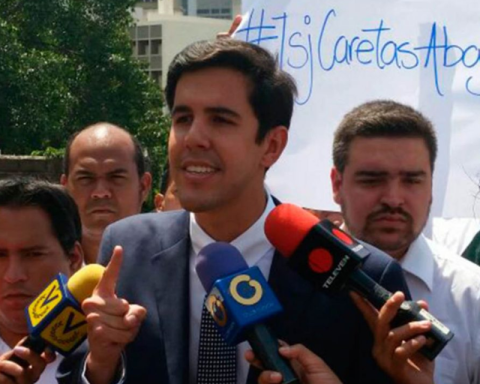Today (20) the deadline for the government of the state of Rio de Janeiro to present a new proposal for the Fiscal Recovery Plan, with the necessary adjustments. The deadline was granted by the Minister of the Federal Supreme Court (STF) Dias Toffoli.
Representatives of the Attorney General’s Office of the State of Rio de Janeiro (PGE-RJ) would meet today (20) with members of the Attorney General’s Office of the National Treasury (PGFN), linked to the Ministry of Economy, to seek an agreement. According to PGE, after the meeting, the proposal must be filed with the STF.
In a statement, PGE says that it awaits the response from the federal government to close the agreement for the definitive adhesion of the state of Rio de Janeiro to the Fiscal Recovery Regime (RRF). “After the Federal Government’s response, PGE will present the result of the negotiations to STF Minister Dias Toffoli”, said the PGE.
Since 2017, the state of Rio de Janeiro has been in the Tax Recovery Regime, which provides for the suspension of payment of installments of the state’s debt with the Union in exchange for fiscal adjustment measures, such as cutting spending, freezing civil servants’ salaries and local privatizations. In the first three years of validity alone, the state failed to pay BRL 92 billion to the Union.
In 2020 and 2021, Congress approved amendments to the RRF law, increasing the duration of the special regime from 6 to 10 years, with a 1-year deadline for submitting a new adjustment plan. The conditions for joining the RRF have been relaxed. The rapporteur’s amendments were removed from the state spending cap and the requirement that local SOEs be fully privatized, with local governments holding shares in the companies, was dropped.
With the changes, Rio de Janeiro presented a new Fiscal Recovery Plan to extend the debt longer and make adjustments with more lenient rules than in the original plan. The new plan would allow for the rescheduling of another R$52.5 billion in debt with the Union by 2030, in addition to the R$92 billion currently suspended. In January, however, the National Treasury issued an opinion against the proposals suggested by the state.

















